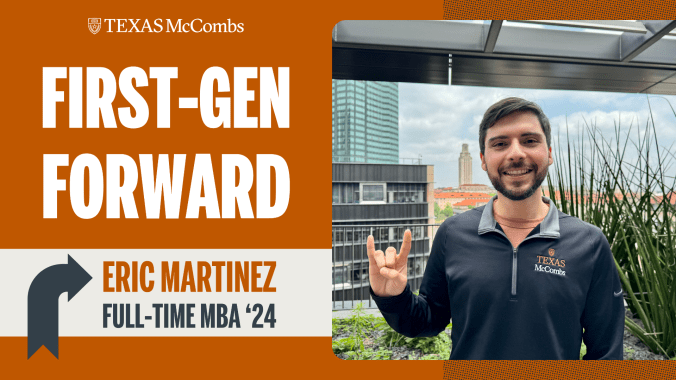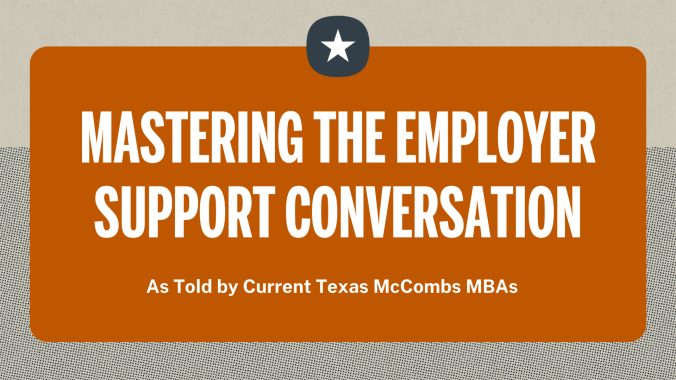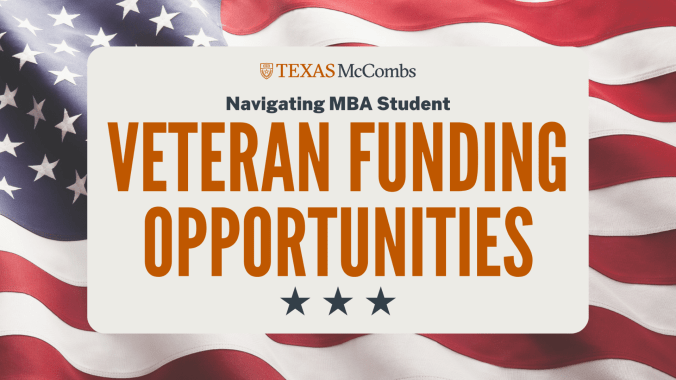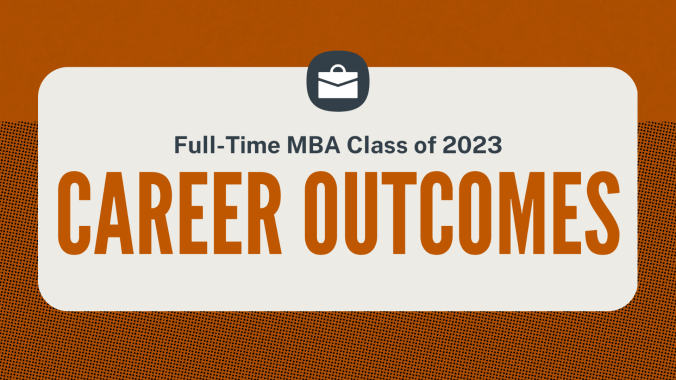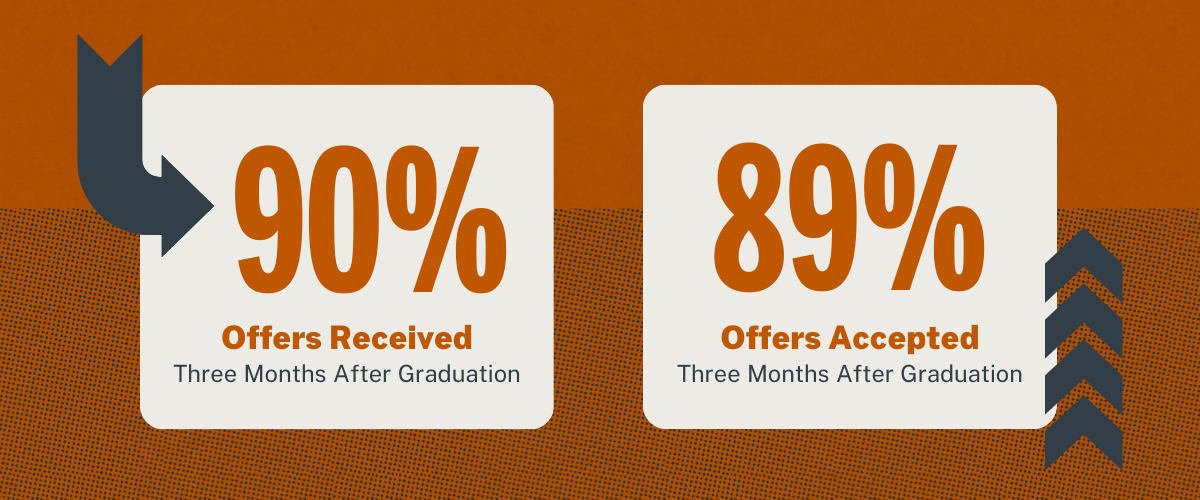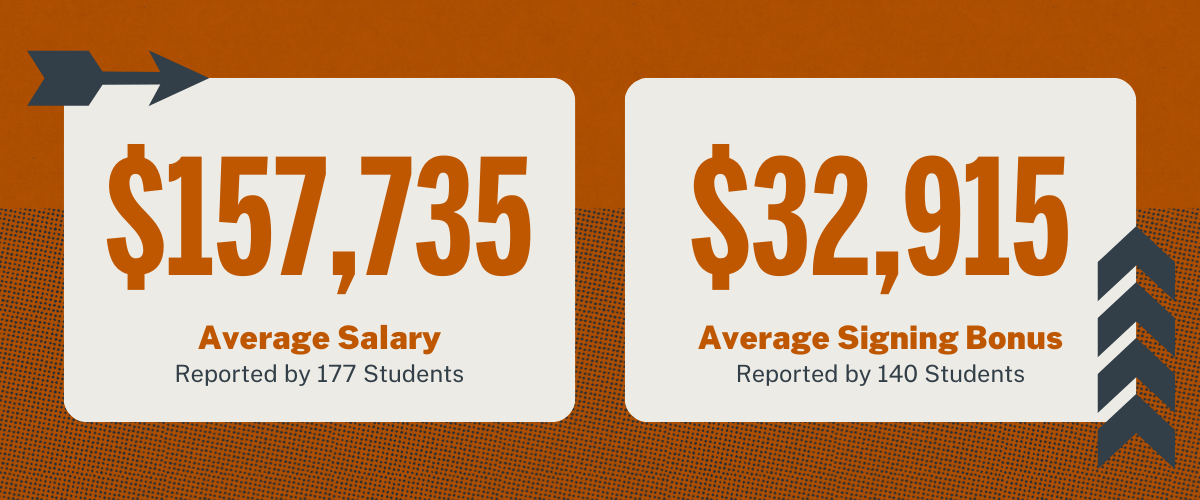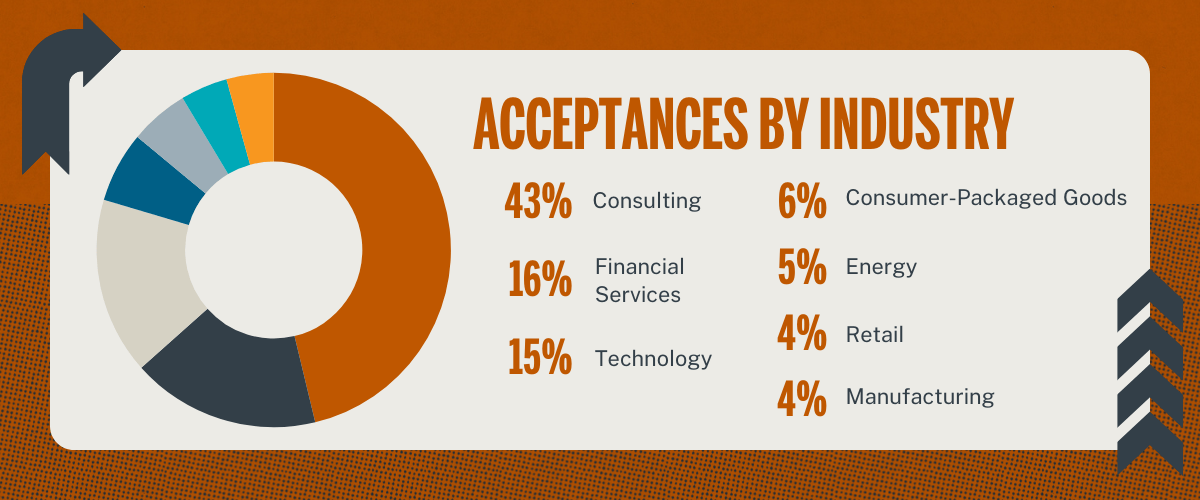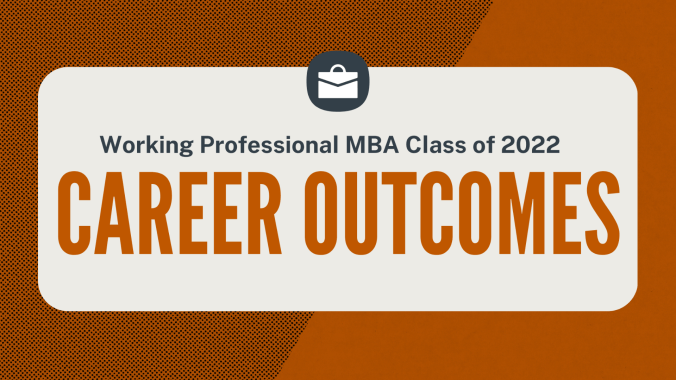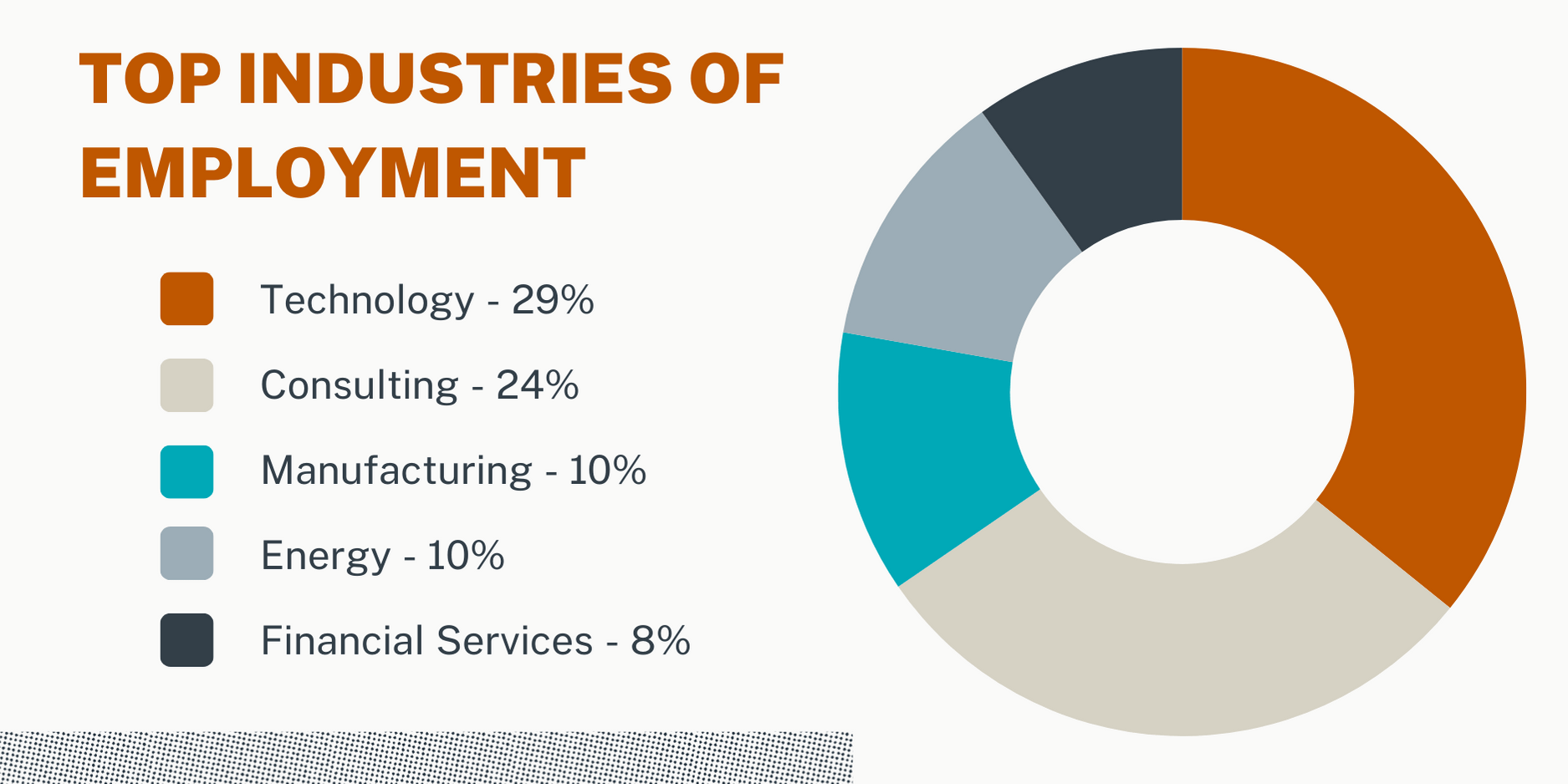First-generation (or first-gen, for short) college students are students whose parents or guardians have not had the opportunity to complete a bachelor’s degree in the United States. Many students whose parents have degrees from outside of the U.S. also identify as first-gen. First-Gen Longhorns—including first-gen faculty and staff—are a fundamental part of our campus and a strong and proud part of the UT family. There are almost 10,000 first-gen college students currently enrolled at the University of Texas. That’s one in four students!
My name is Eric Martinez, and I am a member of the Texas McCombs Full-Time MBA Class of 2024. At McCombs, I was happy to have had the opportunity to contribute to student organizations that promote inclusion in our community and the workplace, such as the Consortium for Graduate Study in Management, where I served as one of three liaisons, and the Engaged Queer and Ally (eQual) MBAs, where I served as co-president.
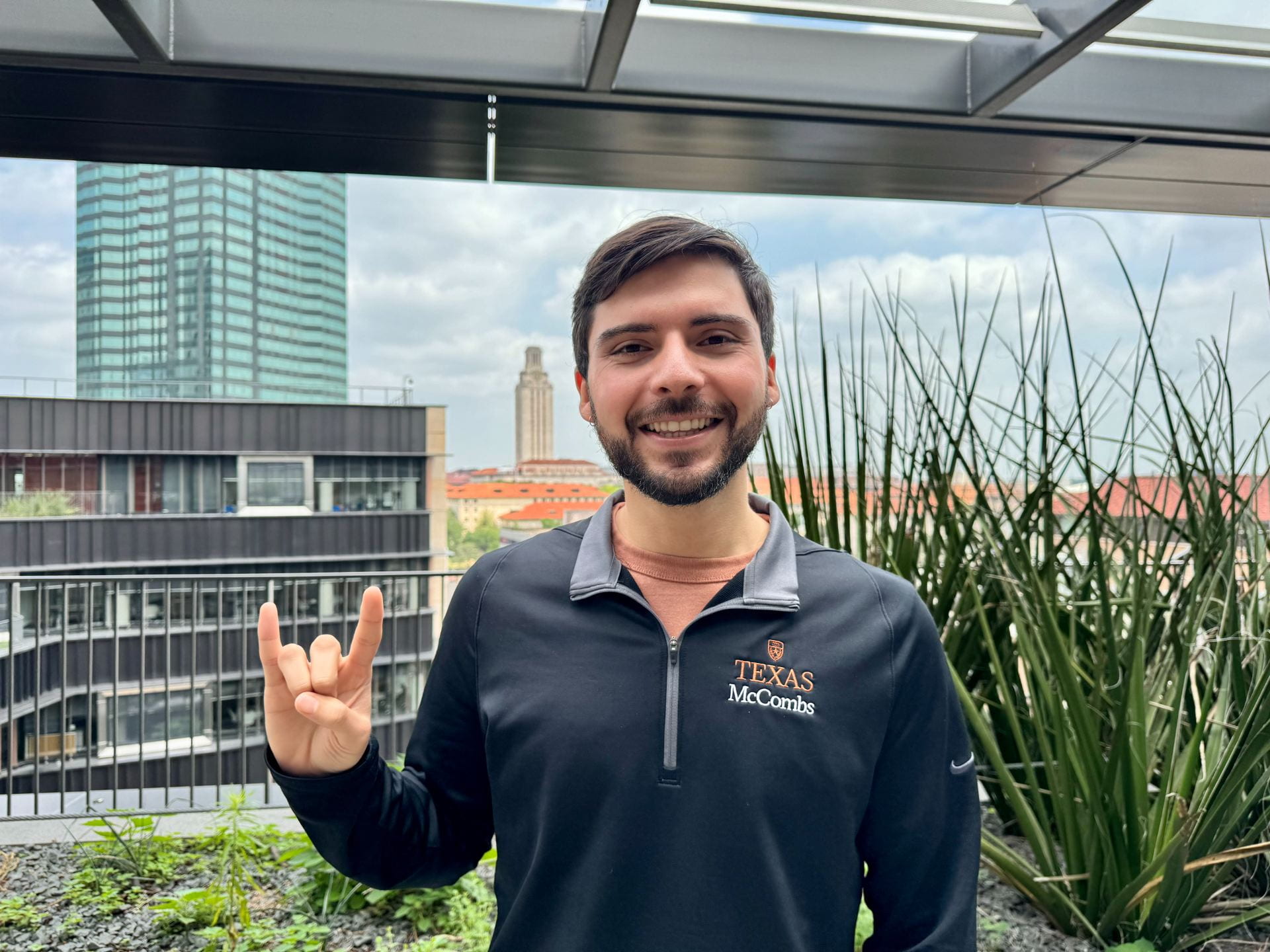
What were you doing before pursuing your MBA?
Prior to pursuing my MBA, I worked at a nonprofit association committed to advancing the field of neuroscience. While there, I gained skills in a variety of roles across program administration and digital strategy.
Where were you located before coming to Austin, TX?
Before coming to Austin, I was living in Washington, D.C.
What was your main motivation for pursuing an MBA?
After witnessing layoffs at my company in the fall of 2020, I revisited the idea that furthering my education would strengthen my candidacy for any job I might have in the future.
Having only ever worked in the nonprofit sector, I was originally interested in pursuing a Master of Public Administration but, upon doing more research, I learned the MBA could pivot my career altogether and give me the chance to work in a new sector I have never worked in before.
Why did you choose Texas McCombs for your MBA?
As a Houston native, I’ve always loved visiting Austin. So, when I sat down to do my initial research on MBA programs, I was excited to learn McCombs had one of the best MBA programs in the country.
Later, when I started to engage with members of MAC, I found students were going the extra mile to connect me with their classmates who shared similar backgrounds and career interests as me. Their transparency about their experiences in the program, their friendliness, and their willingness to help a stranger were very much appreciated.
Separately, it was easy to picture myself getting along with them both in and outside of the classroom.
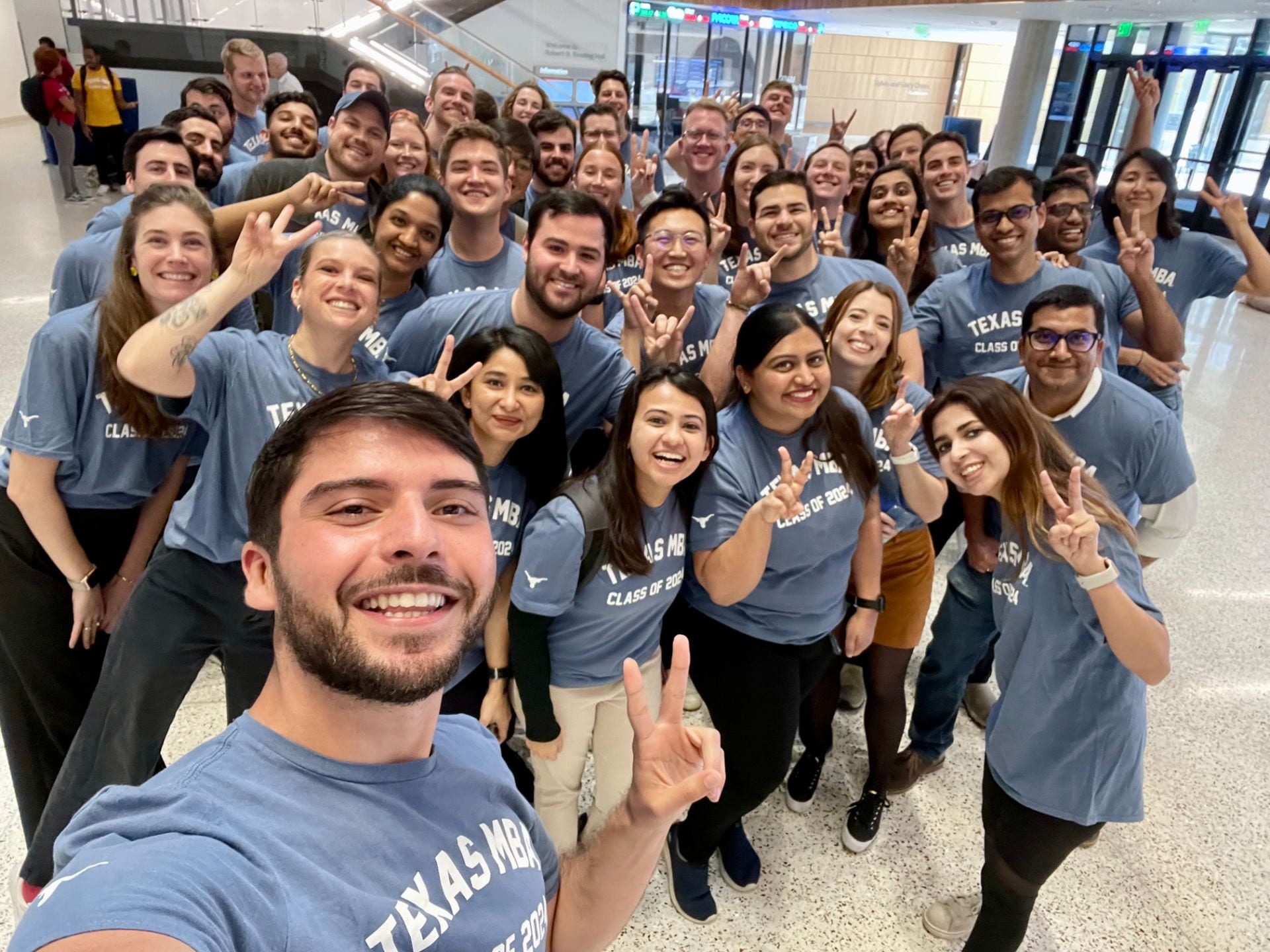
Can you describe your experience applying to MBA programs as a first-gen student?
From beginning to end, applying to MBA programs was almost a two-year process for me. Once I’d learned about the value of an MBA, I spent a lot of time researching how it could help advance my career in the nonprofit sector.
Somewhere along the way, as I mentioned before, I realized the MBA could help me learn skills from the tech sector that I might later in my career bring back to a leadership position in the nonprofit sector. At that point, I started looking at which programs had a proven record of placing students into careers in the tech sector. After I’d narrowed my selections down to a handful of programs, it was time to prepare for the GMAT.
I chose to take the GMAT since I had no formal background in business, and I wanted to make up for my less than stellar undergraduate GPA. I’ve since learned that the admissions committee truly has no preference between submitting a GMAT or GRE score but, at the time, it was important to me that I at least reach the median score reported by the programs I was interested in.
After months of preparation, I finally achieved a score I was happy with and moved my focus to sourcing my letters of recommendation and writing my application essays.
Throughout this process, I was fortunate to have learned about the Consortium early enough that I could apply to multiple schools using their streamlined application. In addition to paying less in overall application fees, another perk of applying through the Consortium was that my recommenders only had to upload their letters in one place rather than each of the schools’ portals.
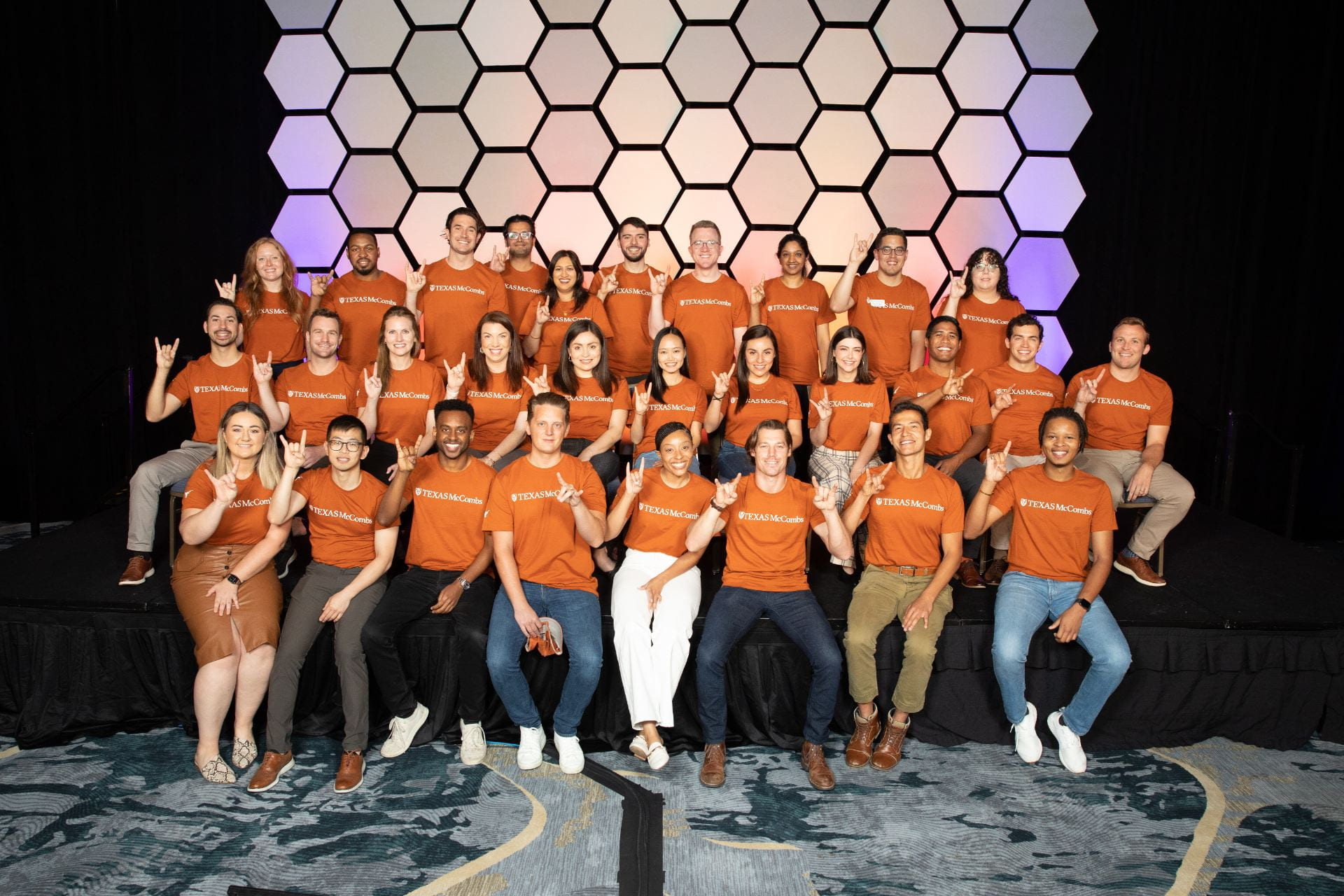
What were some of the biggest challenges you faced during the MBA admissions process as a first-gen student, and how did you navigate these challenges?
I think the biggest challenge I faced during the admissions process was understanding the recruiting timelines MBA students were working with. Since my parents are educators, and since I didn’t study business during undergrad, I didn’t know, for example, that consulting recruiting started early in the fall of your first year and wrapped by the end of January.
So, when it came to writing application essays that addressed my plan A and plan B recruiting goals, it was difficult to know whether my plans made any practical sense. It was only through talking with current students that I started to create a clearer picture of recruiting timelines for myself.
Did you seek any specific support or resources during the application phase, and if so, what were they? How did these resources help you along the way?
During the application phase, I attended many events hosted by the Consortium and by Reaching Out MBA. In addition to learning about each of their partner schools’ offerings, their events also helped provide me with key insights into each schools’ culture. Additionally, both the Consortium and ROMBA were helpful in providing information about potential scholarships that could help me fund the MBA.
View this post on Instagram
How did you approach crafting your application essays, and were there any unique perspectives or strengths you brought as a first-gen applicant?
When I wrote my application essays, I was repeatedly explaining that my decision to follow a pre-med course of study during undergrad was a mistake. If I were to write them again, I think I would more elegantly explain that it was a necessary step to finding where my true strengths lie. After all, if everybody in the program had a background in business or shared the same kind of work experience, I don’t think discussions in the classroom would be nearly as engaging (or insightful.)
Can you share any tips or advice for other first-gen students who are considering applying to MBA programs? Were there any key lessons or insights you gained from the application process that you wish you had known earlier or that you believe would be helpful for other first-gen students?
Sure! I think the biggest piece of advice I have for prospective first-gen students is to make a list of all the career paths you’re potentially interested in exploring through an MBA. Then, talk to second-year students who have completed internships in those areas, and understand the responsibilities they held in those roles as well as the recruiting timelines they had to navigate. Doing these things will help you determine 1) whether a certain path is one you actually want to pursue, and 2) whether you’ll be able to explore two paths at the same time (for example, investment banking and consulting are very time intensive during the first semester.)
Lastly, one key lesson I gained from the application process is that – even if your work experience is nontraditional – there is space for you in the classroom. Don’t shy away from your unique perspective and remember that your skills are transferable to other industries.
Good luck with the application process!
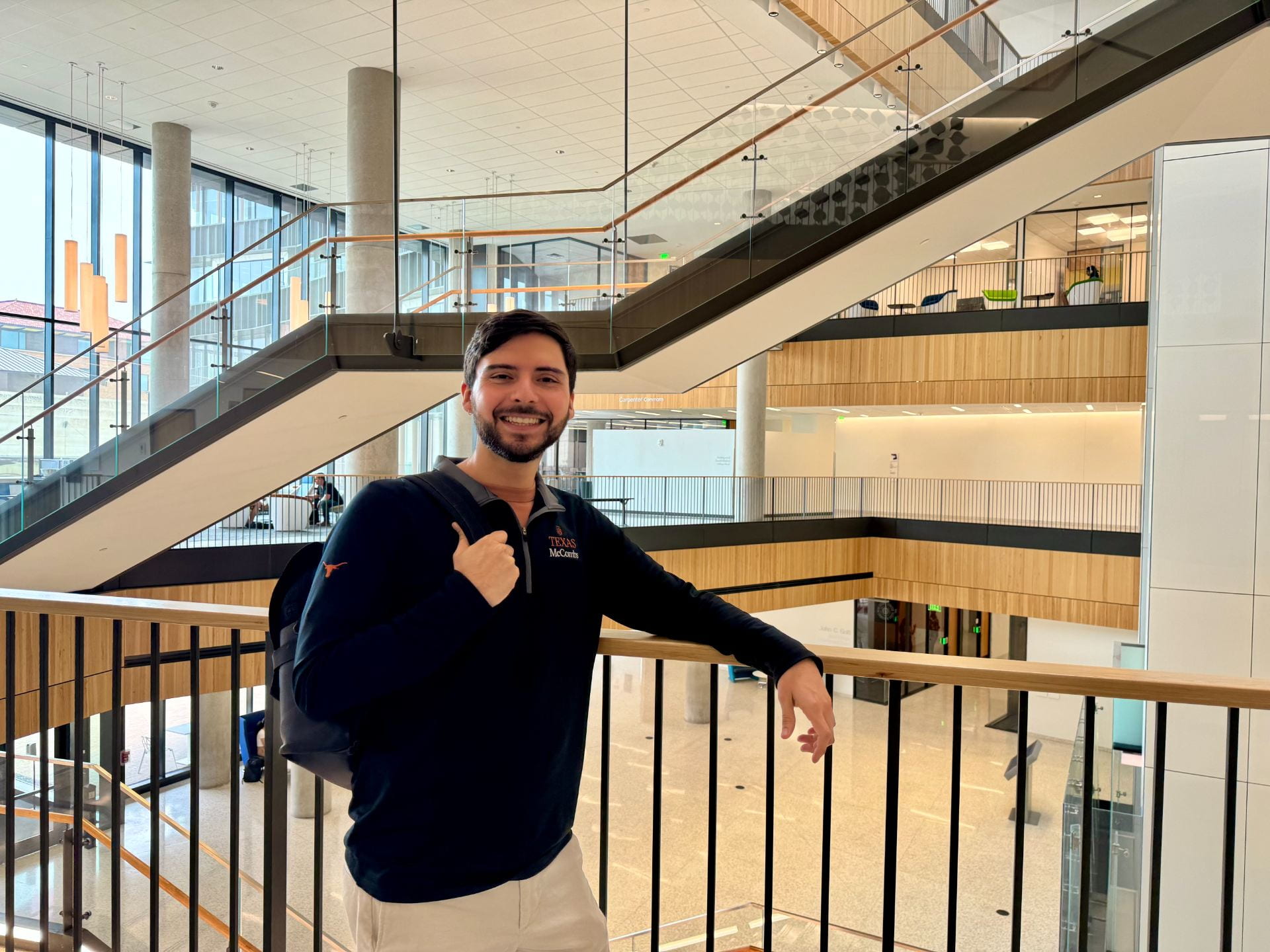
Read Eric’s feature on Poets & Quants.
Visit Texas McCombs MBA to learn more about our programs and upcoming events or take a peek into student life on Instagram. For any inquiries, don’t hesitate to reach out to the MBA Admissions Team. We look forward to connecting with you on your journey to success.
Hook ‘Em!
